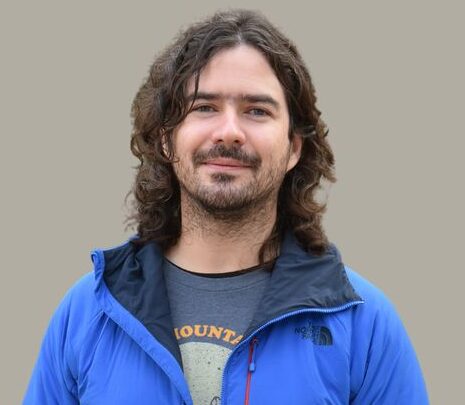
Cristóbal Moenne
PUBLICACIONES
ABSTRACT
The ability of an organism to voluntarily control the stimuli onset modulates perceptual and attentional functions. Since stimulus encoding is an essential component of working memory (WM), we conjectured that controlling the initiation of the perceptual process would positively modulate WM. To corroborate this proposition, we tested twenty-five healthy subjects in a modified-Sternberg WM task under three stimuli presentation conditions: an automatic presentation of the stimuli, a self-initiated presentation of the stimuli (through a button press), and a self-initiated presentation with random-delay stimuli onset. Concurrently, we recorded the subjects' electroencephalographic signals during WM encoding. We found that the self-initiated condition was associated with better WM accuracy, and earlier latencies of N1, P2 and P3 evoked potential components representing visual, attentional and mental review of the stimuli processes, respectively. Our work demonstrates that self-initiated stimuli enhance WM performance and accelerate early visual and attentional processes deployed during WM encoding. We also found that self-initiated stimuli correlate with an increased attentional state compared to the other two conditions, suggesting a role for temporal stimuli predictability. Our study remarks on the relevance of self-control of the stimuli onset in sensory, attentional and memory updating processing for WM.

Vicuña Mackenna 4860
Macul, Chile



